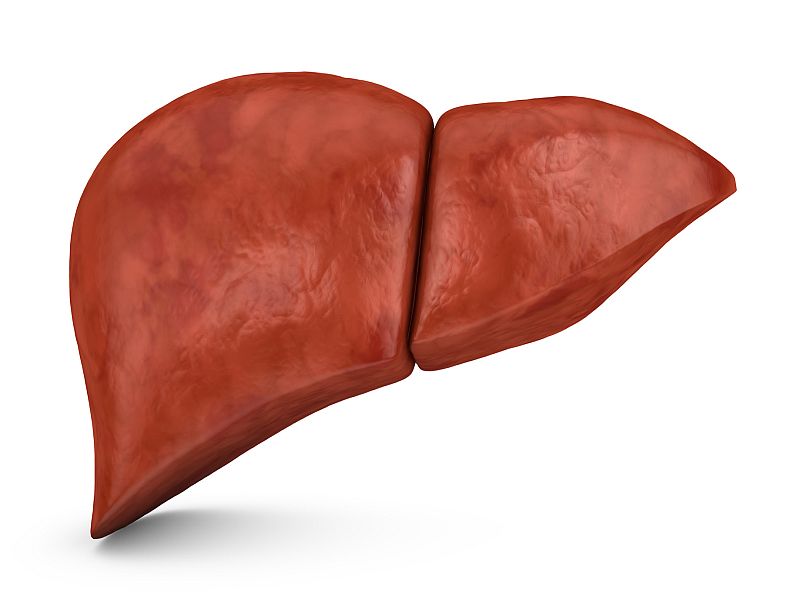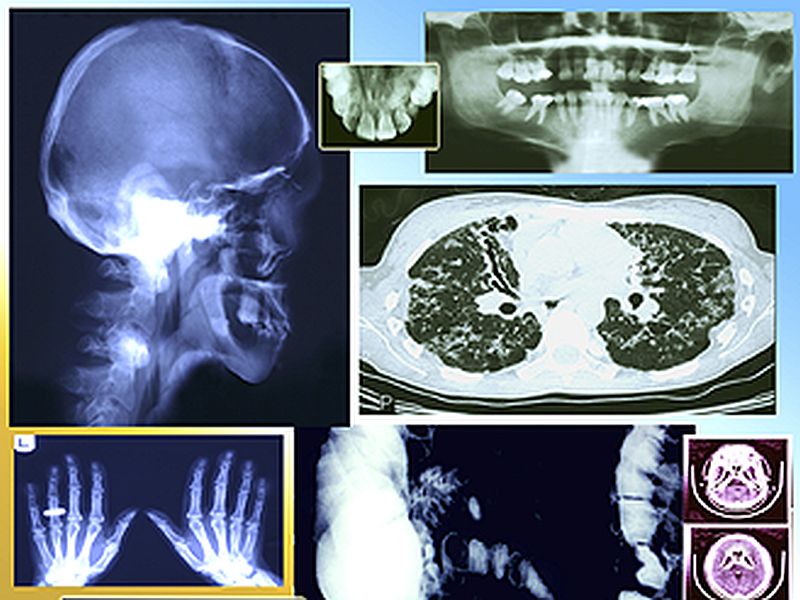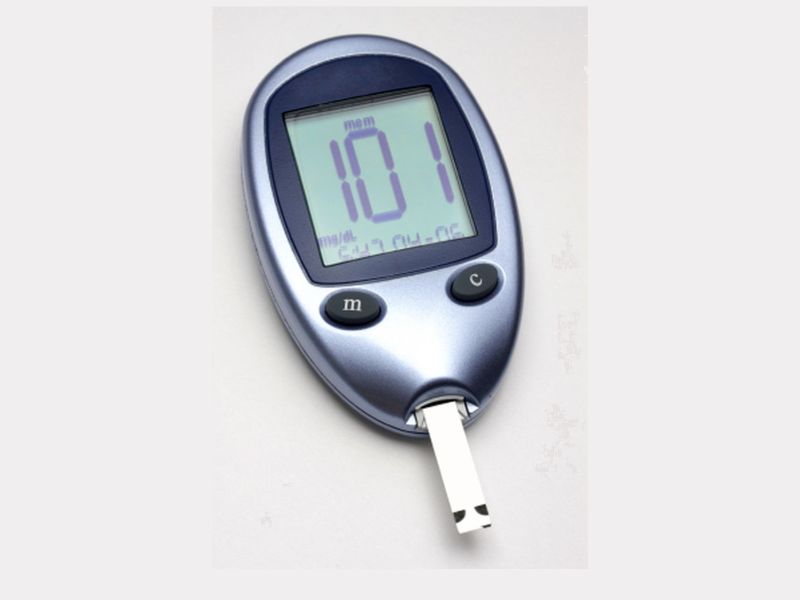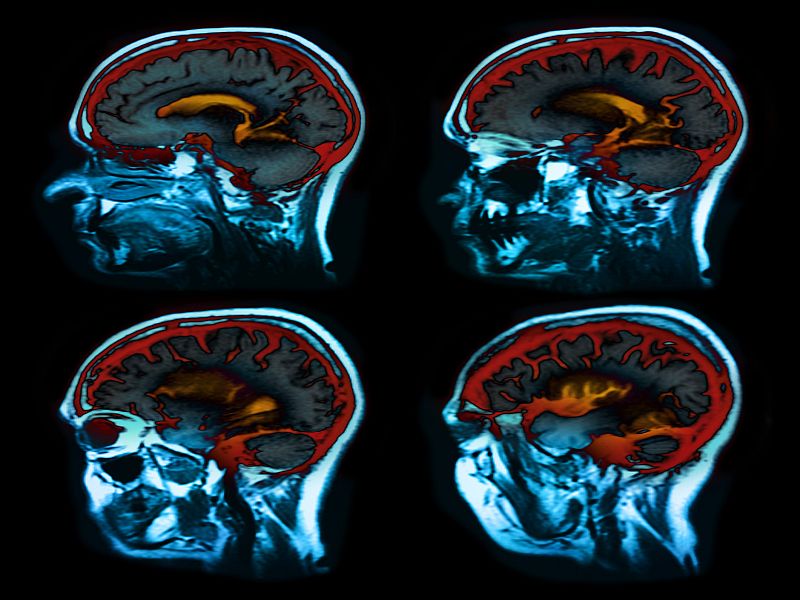WEDNESDAY, Dec. 13, 2017 (HealthDay News) -- If you take Ritalin or Concerta for attention-deficit/hyperactivity disorder (ADHD) and you plan to become pregnant, you might want to talk to your doctor about switching your medication first.
A new study found a small increased risk of having a baby with a heart defect if Ritalin/Concerta (methylphenidate) was taken by the mother-to-be. However, taking amphetamines for ADHD did not carry the same risk, researchers said.
"Our findings suggest a small increase in the risk of cardiac malformations associated with first-trimester exposure to methylphenidate, but not to amphetamines," said study author Krista Huybrechts. She with Brigham and Women's Hospital's division of pharmacoepidemiology and pharmacoeconomics, in Boston.
"This information may be important to patients and their physicians as they weigh the risks and benefits of alternative treatment strategies for attention-deficit/hyperactivity disorder," she added in a hospital news release.
However, while the study found an association, it did not prove that taking Ritalin during pregnancy actually caused the risk of heart defects to rise.
In the study, the researchers analyzed data from 1.8 million pregnancies in the United States and 2.5 million pregnancies in five Nordic countries.
Specifically, taking methylphenidate in the first trimester was associated with a 28 percent higher risk of heart defects. That means that for every 1,000 women who take methylphenidate during the first trimester, there would be three additional infants born with congenital heart defects.
"Our study markedly expands the evidence base regarding the safety of methylphenidate use in pregnancy," Huybrechts said. "Although the absolute risk is small, it is nevertheless important evidence to consider when treating young women of reproductive age and pregnant women."
The study was published Dec. 13 in the journal JAMA Psychiatry.
More information
The U.S. Centers for Disease Control and Prevention has more on congenital heart defects.
































